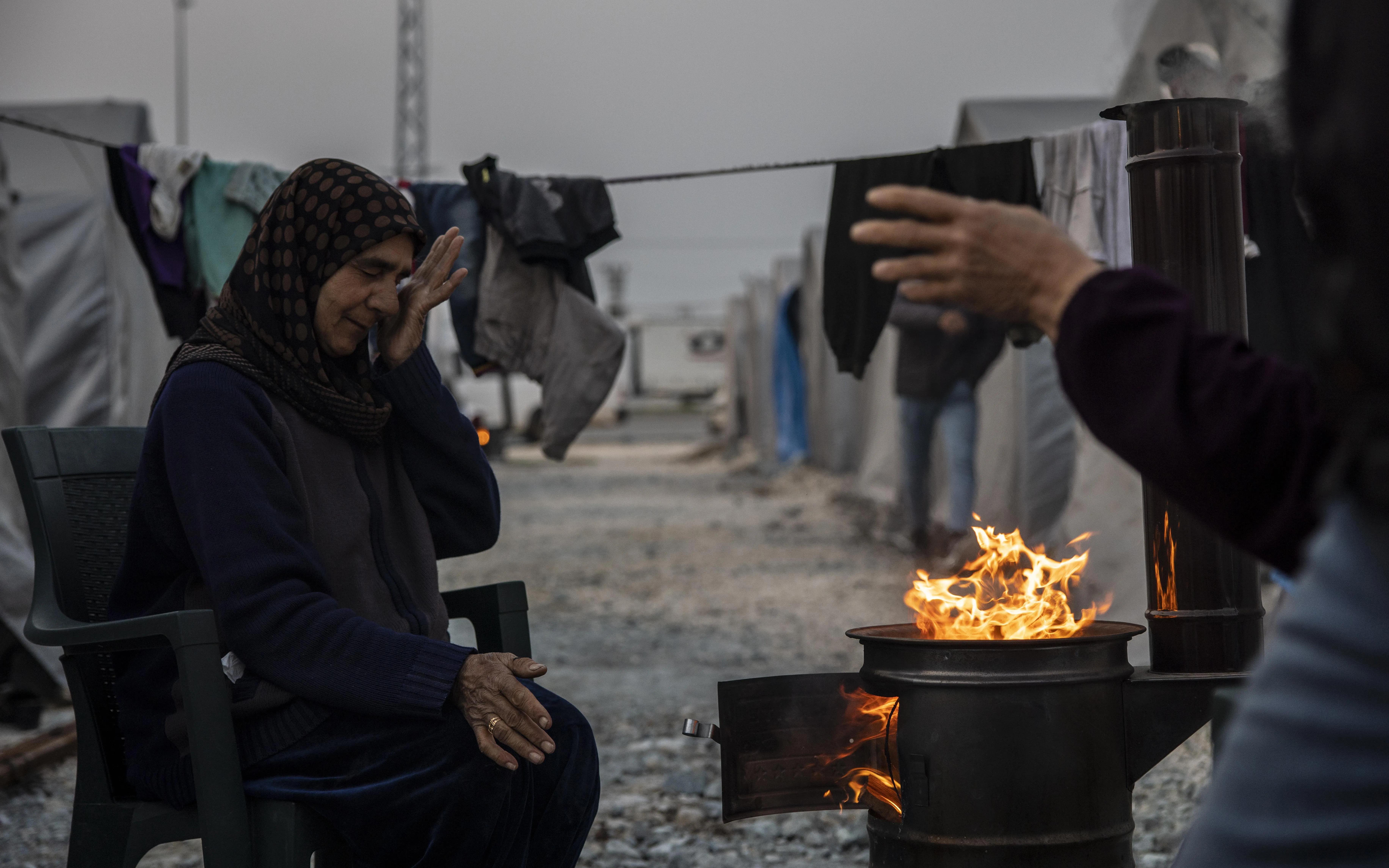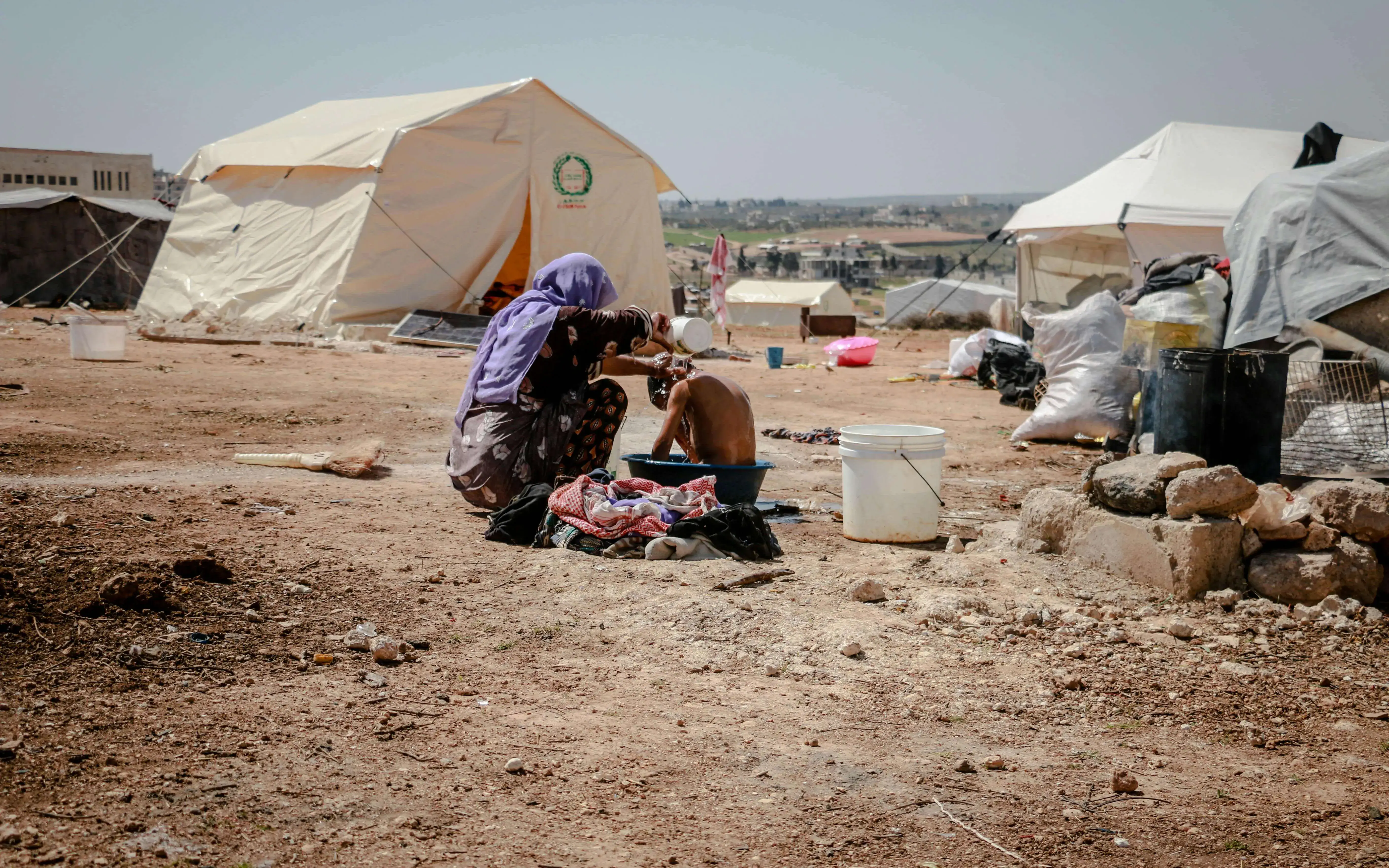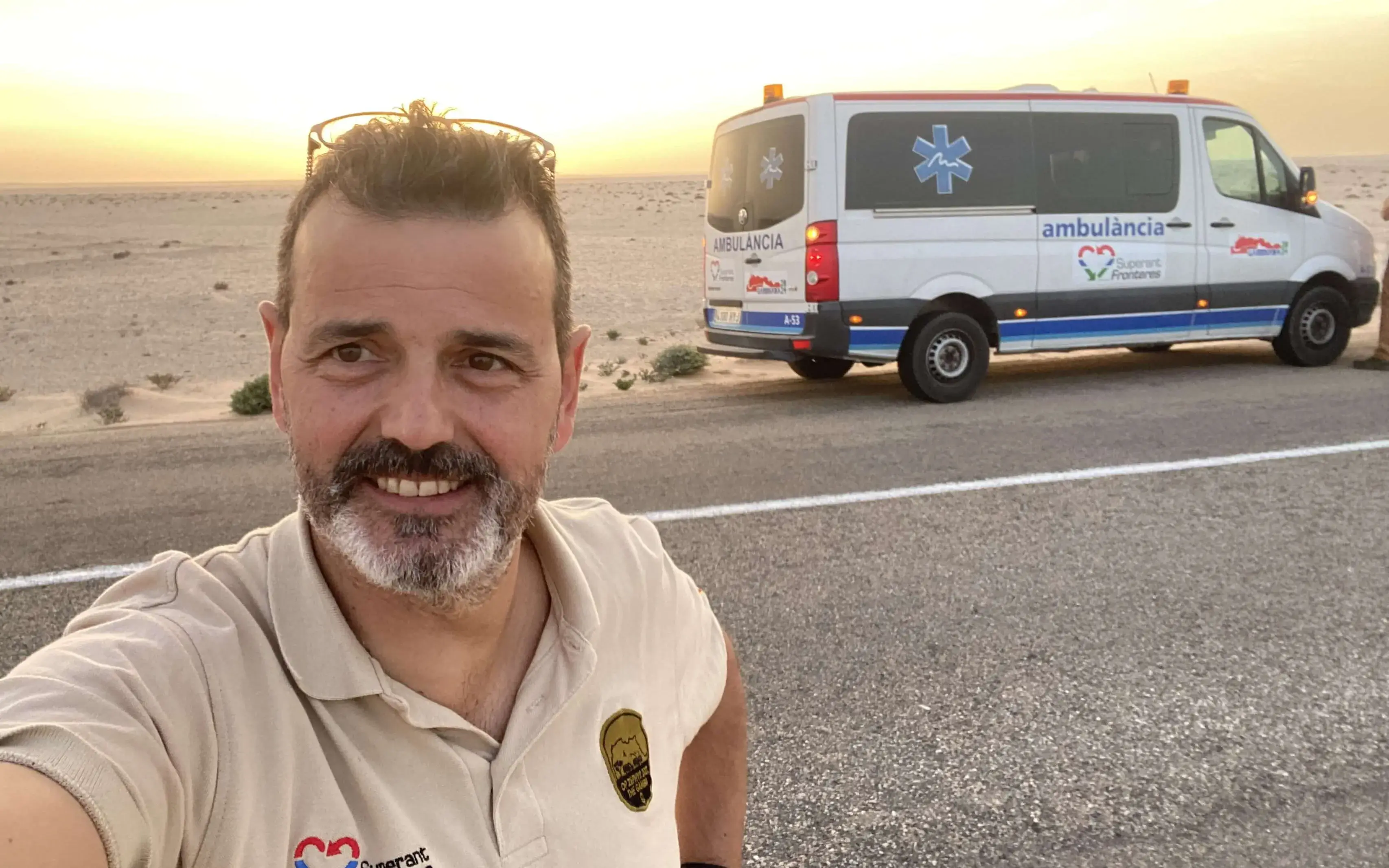Adam Jacovou: “Container cities and informal camps are likely to remain in place for years, rather than months"
Adam Jacovou,Türkiye Country Director for Project HOPE reminds us of the still significant need of intervention to the ones who still suffer from the consequences of the earthquake.
What are you doing from your organization to help the survivors of the Turkey earthquake?
Project HOPE’s Emergency Response Team was activated within hours of the earthquake, providing key non-food items to the impacted population. During the initial days and weeks, Project HOPE supported affected populations.
To date, Project HOPE has procured 70 housing containers across Türkiye to address basic shelter needs for health workers and social workers, enabling them to respond to the acute needs resulting from the earthquake. Forty units have arrived in Adıyaman as part of the container city currently being constructed.
Where are located these containers?
The Project HOPE containers are located adjacent to University Hospital and are housing displaced health staff. An additional 20 containers have arrived in Kahramanmaraş to house health workers identified by the Ministry of Health and social workers from the Minsitry of Family and Social Services, and Project HOPE delivered 10 more containers to the Turkish humanitarian organization Dünya Doktorları Derneği in Hatay Province to provide shelter for health workers and essential services such as a public kitchen and laundry service.
What have been the major consequences of the earthquake?
More than half a million buildings sustained significant damage forcing some 3 million people to relocate. Over 50,000 deaths, countless injured and in need of medical care. The earthquakes have had a major effect on Türkiye's health-care system, causing damage to hospitals and health clinics in the affected areas, resulting in a shortage of medical facilities for injured and displaced people. Furthermore, the loss of power, water, and communication systems has complicated the health-care system's response efforts.
The earthquakes have also put a huge strain on the medical workforce, as doctors and nurses have had to work long hours to treat injured people and manage the crisis. This strain has further exacerbated the pre-existing workforce shortages and burn-out of Türkiye's health-care system. The strain on the health-care system has also delayed the provision of essential health services to the affected population, particularly those with chronic illnesses like diabetes, cancers, heart diseases, stroke, chronic kidney disease… who are unable to access their regular care.
How has it evolved over the months?
In Syria, Project HOPE is working with Syrian Relief and Development (SRD) to provide primary health support through the deployment of Mobile Medical Units (MMUs) to earthquake-impacted populations in the Azaz and Daret Azza districts in Northwest Syria (NWS). Each MMU is conducting about 75 patient consultations per day, primarily with women and children and as of the end of May had conducted 6,135 medical consultations.
Project HOPE is also working in NWS with our local partner Sened who are providing protection and psychosocial support services and case management to affceted populations with a focus on children, older persons, and persons with disabilities.. Project HOPE has also delivered an Interagency Emergency Health Kit (IEHK) to SRD containing essential medicines, medical supplies, and equipment to support primary health care services for up to 10,000 people over a three-month period.
Who has been most affected?
At this point in time, those residing in informal camps are most affected. Oftentimes, these are minority groups who have yet to benefit from re-location into the formal containor cities or from rental support. Amongst this demographic are large numbers of Syrian refugees.
How has it affected them psychologically?
The earthquakes have not only caused physical injuries and property damage but have also had a large psychological impact on the affected population. Because of the disaster's sudden and traumatic nature, survivors and those who have lost loved ones are experiencing high levels of stress, anxiety, and fear. The displacement, loss of homes and possessions, and uncertainty about the future have all contributed to psychological distress of affected populations. Obviously for Syrians who have been displaced by conflict in their home country, this is a crisis upon another crisis.
What kind of help do you offer?
Project HOPE has identified immense needs for mental health and psychosocial support services (MHPSS) for survivors dealing with the long-term impacts of trauma. In collaboration with local partners, Project HOPE has recently begun implementing MHPSS activities in the affected area in North West Syria, and will follow suit in Türkiye later in June with our partners Youlnd Lives Foundation (YLF), and the Syrian American Medical Society (SAMS), which will complement efforts by local authorities and organizations.
What is the current situation of these people?
The humanitarian community, including agencies such as Project HOPE, are targetting these most vulnerable populations with material support, protection activities, and mental health and psychosocial support activities, although funding remains uncertain.
We seem to have forgotten what happened, it's not talked about as much anymore. It was covered for a week but I imagine help is still needed...how do you feel about it from there?
The needs remain significant. Cities that were near totally leveled by the earthquake itself, are seeing the remaining buildings purposely demolished as they are unfit for habitation. Container cities and informal camps are likely to remain in place for years, rather than months, and these settlements require substantial support to keep them functional and to prevent the outbreak of disease.
Do you network with other organizations?
As part of Project HOPE’s commitment to the localization of humanitarian aid, we have established partnerships with numerous local organizations between Türkiye and Northwest Syria, and we are in the process of expanding that network.
What is the impact of volunteering in a humanitarian crisis of this type?
Volunteering is a help, but more important, valuable, and sustainable is the utilization of local resources and people – people who are oftentimes defacto first responders. Local skills and knowledge should never be overlooked, and empowering populations to respond brings great benefits.
Would it be possible to do it without volunteers?
Volunteering was not applicable to Project HOPE’s response, but in other emergencies volunteers such as doctors and nurses, can be critical during acute emergencies where local capacities are overwhelmed.







Add new comment